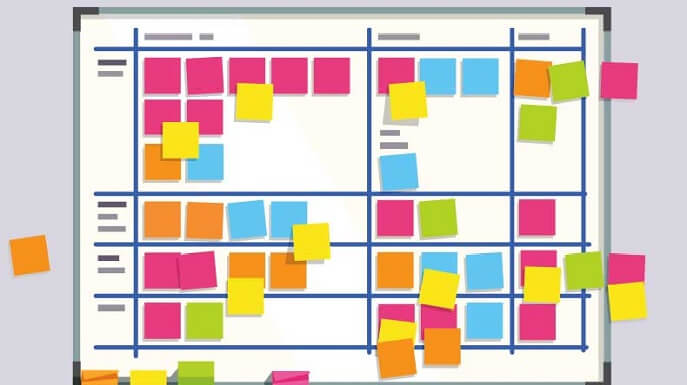1. The plan Do your homework before you go! Find out who's speaking, and try to find a guest-list, if possible. Learn a bit about the speakers. If you can get a guest-list, decide who you'd like to speak to, and discover something that could help you start a conversation with them. Brush up on recent industry news, and overall make sure you have something to say.
2. Flying solo It's a daunting thought to go to these events alone, but if you don't have a friend with you, you're more likely to speak to new people: step out of your comfort zone! It's a great learning experience, and the more you do it, the easier it will become. Remember that most people will be in your shoes, or remember the time they were! Potential employers will also be impressed by your confidence and enthusiasm to come to an event alone.
3. Work the room It's important to strike the right balance between spending enough time with someone, and too much. You shouldn't spend the whole event monopolising one person, but it's just as bad to dash off after a quick introduction, handing them a business card, before running over to the next person! If you've done your preparation, you'll know who you want to speak to initially, so stick to that. It's not about the quantity of people you speak to, but that they're right for you and your interests. Speak to people that are outside of your interest area though – it's good to have a wide range of contacts, and you never know who you might need in the future!
4. Position in the room These really are the basics, but it can be hard to remember when you've got hundreds of other things to concentrate on! Don't stand with your back to the room – make sure you've positioned yourself somewhere accessible, where you can keep an eye on what's going on. Smile at everyone – a scowling face can often put people off approaching you, as can closed body language. When you approach groups of people, stand at the side and catch someone's eye, and smile. Slowly integrate yourself, and ask a question when the speaker's finished talking.
5. Your portrayal Remember that these people could be your potential employers, so don't act too informal or familiar! Be open and forward, but not pushy – and read people's body language: it's easy to tell when someone doesn't want to carry on talking to you! If there's alcohol present, either stay away from it, or limit yourself to one glass – getting drunk will not show you in the best light! Check the event's dress code, and if in doubt, dress smarter, it's usually safer than dressing too casually.
6. The mini-pitch When you approach someone, make a bit of small talk and introduce yourself – don't jump straight in with your pitch! Once you've had a chat, introduce yourself properly with your elevator pitch: something you can prepare before you arrive. It should be around 30 seconds long, and describe you, what you're doing, and what you want to do. There's a fine line between sounding robotic and scripted, and babbling on without stopping!
7. The conversation You can't really practice the conversations you'll have, but there are some basic guidelines that you should try to stick to. Always see what you can do for them – this can be anything from freelance writing, to suggestions for a useful app that you love, a good book – or just downright flattery! If you can show you can do something for this person, they'll be likely to return the favour. People love talking about themselves, so ask plenty of questions, and show a real interest in what they say – don't just drift off and wait for a job offer! Don't feel like you need to stick to business – chat about shared interests, sports teams, or television: building relationships is the same wherever you go, whether it's in a seminar with other students, or at a business event!
8. Business cards Always have business cards to hand! Make sure they're professional and distinctive, as they can quickly become another way for people to remember you. Depending on your industry, you could include examples from your portfolio, your website, or a headshot. You can be incredibly original and creative with business cards, so explore your options and invest in some high quality cards – they could be the difference between getting an email, and being forgotten! Business cards are the remaining memory that people will have of you when they leave the event, so make sure they represent you well. Don't forget to ask the people you're talking to for theirs' – it's more likely that you'll have more free time than someone with a full time job, so it's easier for you to get in contact first.
9. Take notes You'll meet lots of people, so in order to make sure you can catch up with them properly afterwards, jot down notes to remind you who's who, what you spoke about, and what you can do for them. If you can follow up with details about what you spoke about, you're likely to make a good impression. This doesn't have to be done in heaps of detail: just a few scribbles on the back of someone's business card will usually do the trick!
10. Follow up Don't leave it too late before getting back in touch, usually around two to three days is good. Don't put it off and end up waiting a month – whoever you spoke to isn't likely to remember you after that much time – nor will they think you were serious and dedicated to what you spoke about. Send them an email, reminding them who you are and where you met. If you can remember what you spoke about, even better! Carry on the conversation within the email, including a link to something relevant that you spoke about, or that you think they might like if you can. Don't forget to add them to your social media accounts, like LinkedIn and Twitter. Try to avoid Facebook, as it does tend to be a bit more personal!









